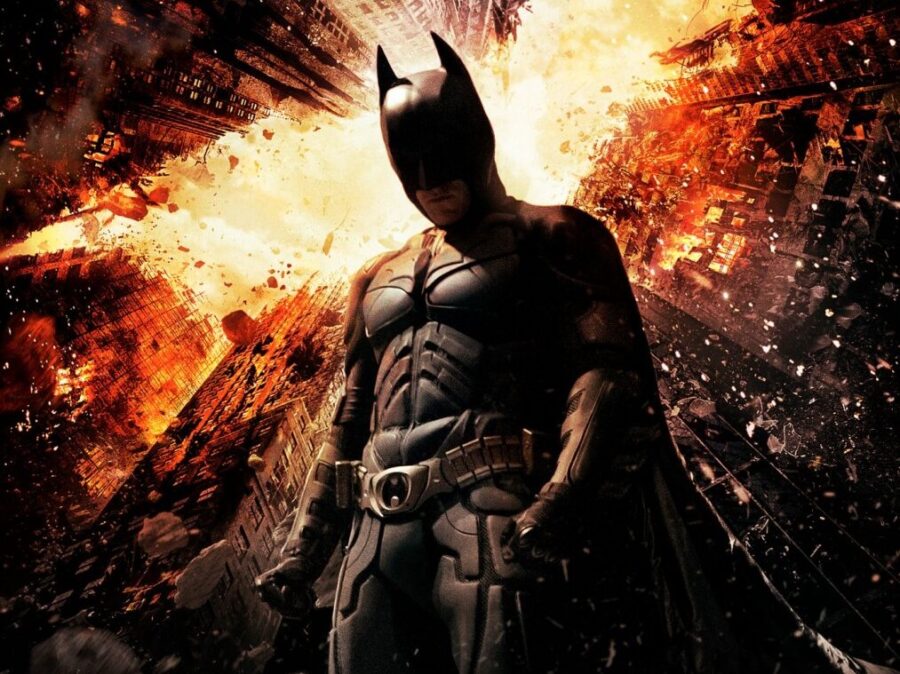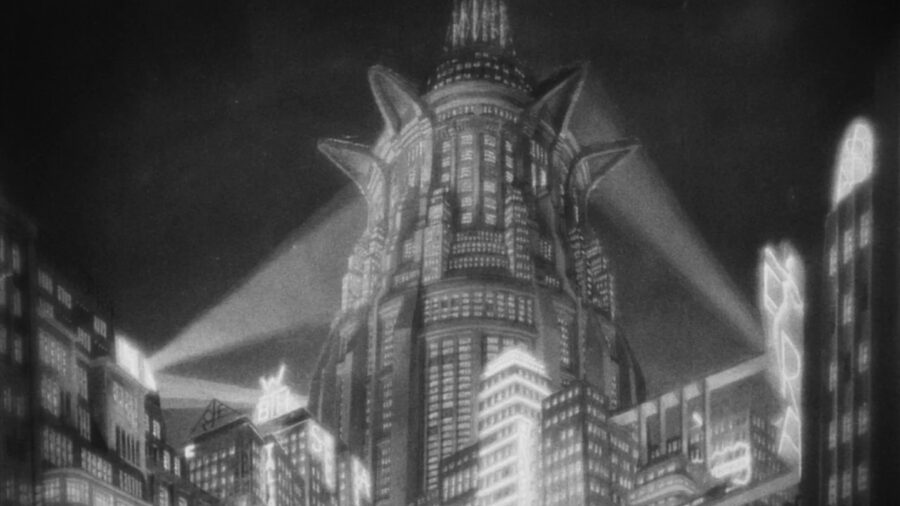The Dark Knight Rises Was Influenced By A Surprising Movie Genre
Christopher Nolan's concluding Batman movie The Dark Knight Rises was influenced by Fritz Lang silent films.

Many would argue that Christopher Nolan’s Batman trilogy is the best franchise created so far around the brooding Gotham vigilante. And while the first two movies in the series have become superhero film classics (with 2008’s The Dark Knight becoming especially iconic, largely due to Heath Ledger’s unforgettable performance as The Joker), the film that concluded the trilogy—The Dark Knight Rises—was the most ambitious of the three. According to Empire, a big reason for the flick’s grandiosity is that Nolan was heavily influenced by the movies that built the backbone of the film industry, aka silent films.
While the first two films in Nolan’s Batman trilogy are similar to the many other movies that have been created in the superhero film golden age of the last thirty years (in the sense that they are action flicks that tell the story of a vigilante fighting a big bad), The Dark Knight Rises became more of an epic tale with deeper themes about revolution and social movements. In order to tell a bigger story, Nolan took inspiration from the prolific director of the silent film age, Fritz Lang, as well as 19th-century writer Charles Dickens.
When creating the film, Nolan saw the conclusion to his Batman trilogy as being more than a superhero piece. To him, it was a revolutionary film, a war story that drew from historical epics of the past and told a message about class, social structures, and the human need to fight for freedom. While filming The Dark Knight Rises, Nolan aimed to make a modern version of a Fritz Lang film.

Lang was an expressionist, director, screenwriter, and producer who was active from the 1920s to the end of the 1950s. He was most famous for his groundbreaking futuristic film Metropolis (1927), and influences of the classic silent film can be seen in Nolan’s third Batman movie. Nolan shot the majority of The Dark Knight Rises in the IMAX format, which meant that he had to shoot larger-than-life events and scenes, a technique that resulted in the cinematography and imagery of Gotham City being similar to Lang’s Metropolis. Additionally, both films explore similar themes, mainly the differences between social classes.
The theme of class discrepancies is something that is also seen in Charles Dicken’s A Tale of Two Cities, a classic novel that seemed to influence both Nolan and Lang. In fact, Nolan paid many homages to Dickens in his last Batman flick, including Bane’s knitting during the kangaroo court trials, mimicking Dicken’s antagonist Madame Thérèse Defarge’s knitting during the guillotine executions. Additionally, Commissioner James Gordan (played by Gary Oldman) reads a direct quote from A Tale Of Two Cities at Bruce Wayne’s funeral.
In many ways, The Dark Knight Rises can act as a standalone movie and not be seen as the third in a trilogy. Not only does the film take place eight years after the first two, but the deeper themes and historical nudges bring the trilogy’s conclusion into a league of its own while simultaneously completing the story of Christian Bale’s Batman.









